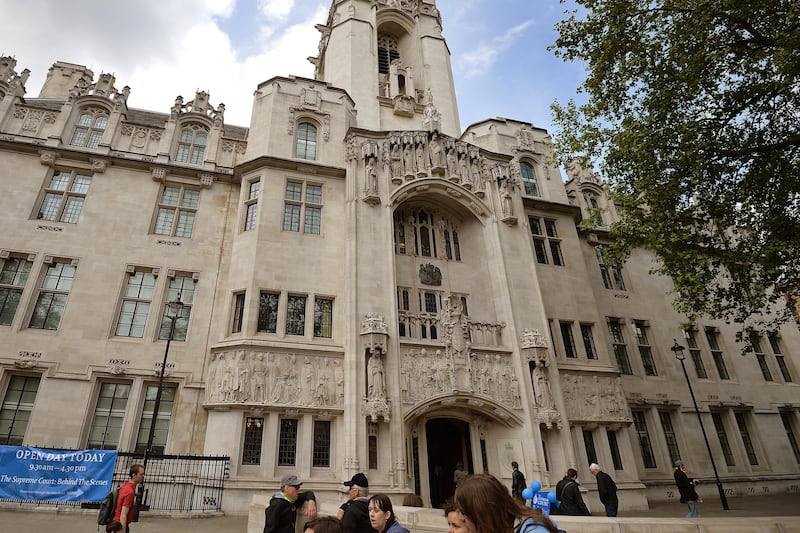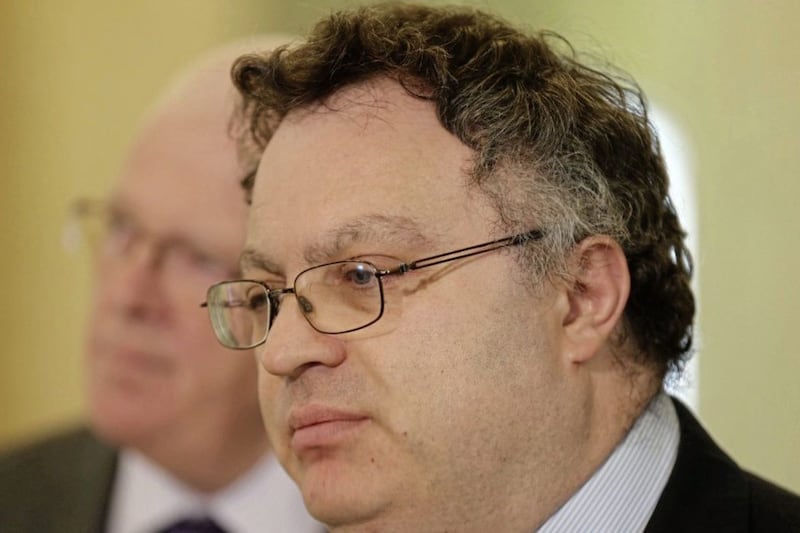The historic holiday pay dispute has been simmering for a decade but it’s due to boil over in the months ahead.
It’ll mean a welcome windfall for lots of workers but yet another funding headache for the Stormont executive, with settlements said to cost up to £200m.
Public sector union Nipsa has previously claimed that any employee who works overtime could be entitled to back-dated holiday pay, with individual payments potentially averaging £10,000 or more.
Negotiations between major public sector employers, including the PSNI and Northern Ireland Civil Service, and employees’ representatives intensified in the wake of a 2023 Supreme Court ruling against the chief constable.
The PSNI had not disputed that claimants had been underpaid, just how far back officers and civilian staff’s entitlements dated.

The principle has been agreed but the size of the payouts and how each individual case is resolved remain areas of contention. The PSNI settlements alone are thought to total between £30m-£40m.
There are said to be tens of thousands of holiday pay cases across the north, many that date back decades. The entitlements don’t just relate to public sector workers but their unions have been to the fore agitating on the issue.
It has created a huge backlog in the region’s industrial tribunal system.
Cases in Northern Ireland differ from England and Wales where a two-year limit was imposed on unlawful deductions claims brought after July 2015.
Stormont’s former employment and learning minister Stephen Farry chose not to introduce a cap and has argued since that it would have made no difference.
Now with agreement between employers and unions finally looming, attention will turn to who foots the bill – the Treasury or the Stormont executive?
Finance Minister Caoimhe Archibald argues that the burden of the “exceptional” costs shouldn’t fall on the regional administration but Whitehall thinks otherwise.
Once it’s time to settle the bill, the dispute is expected to escalate.










